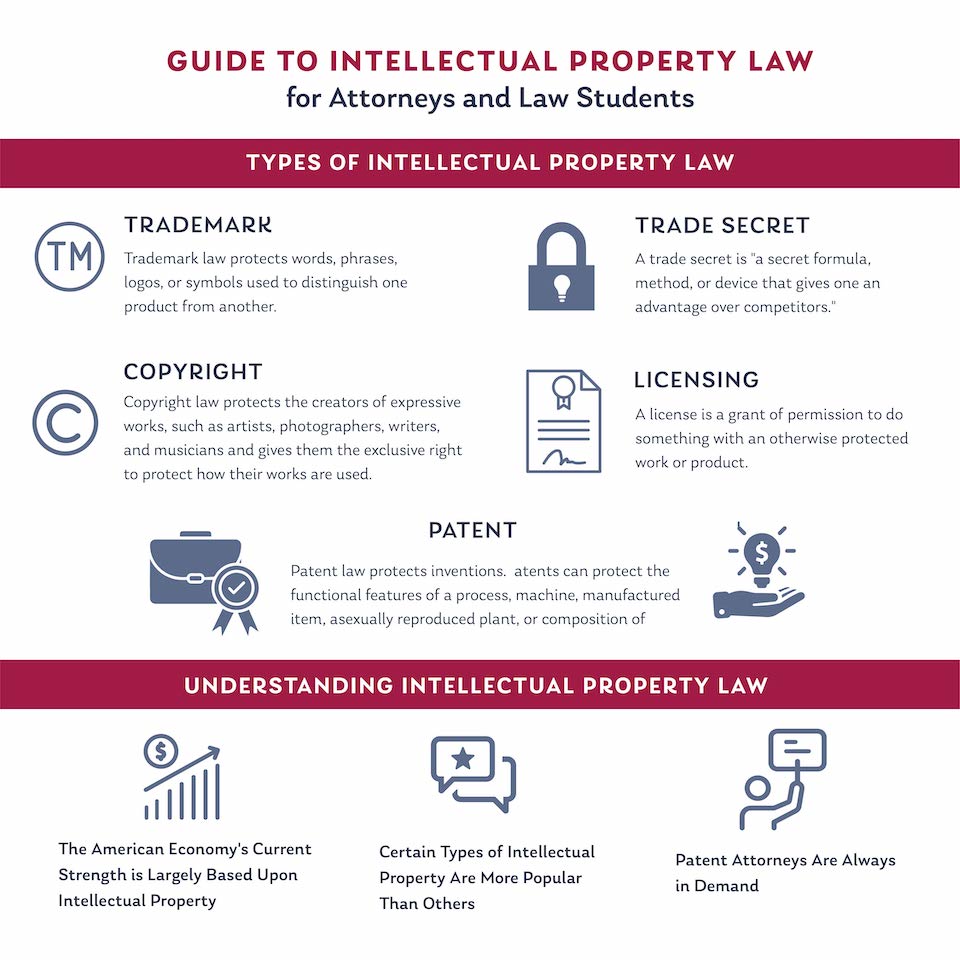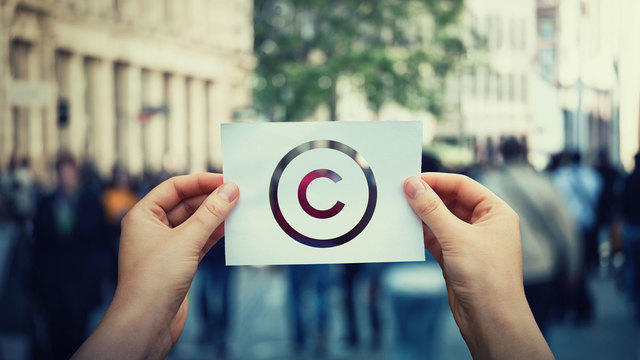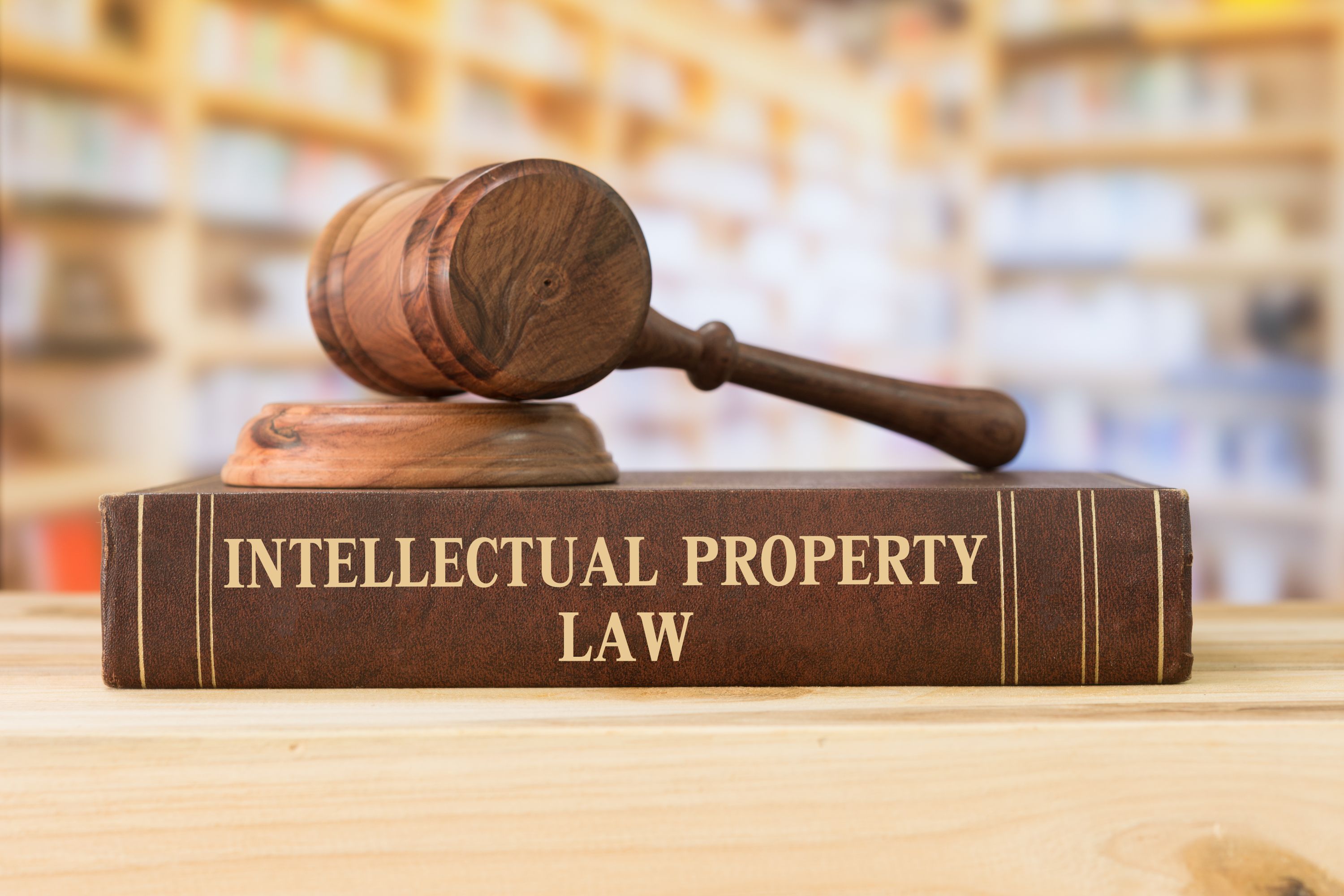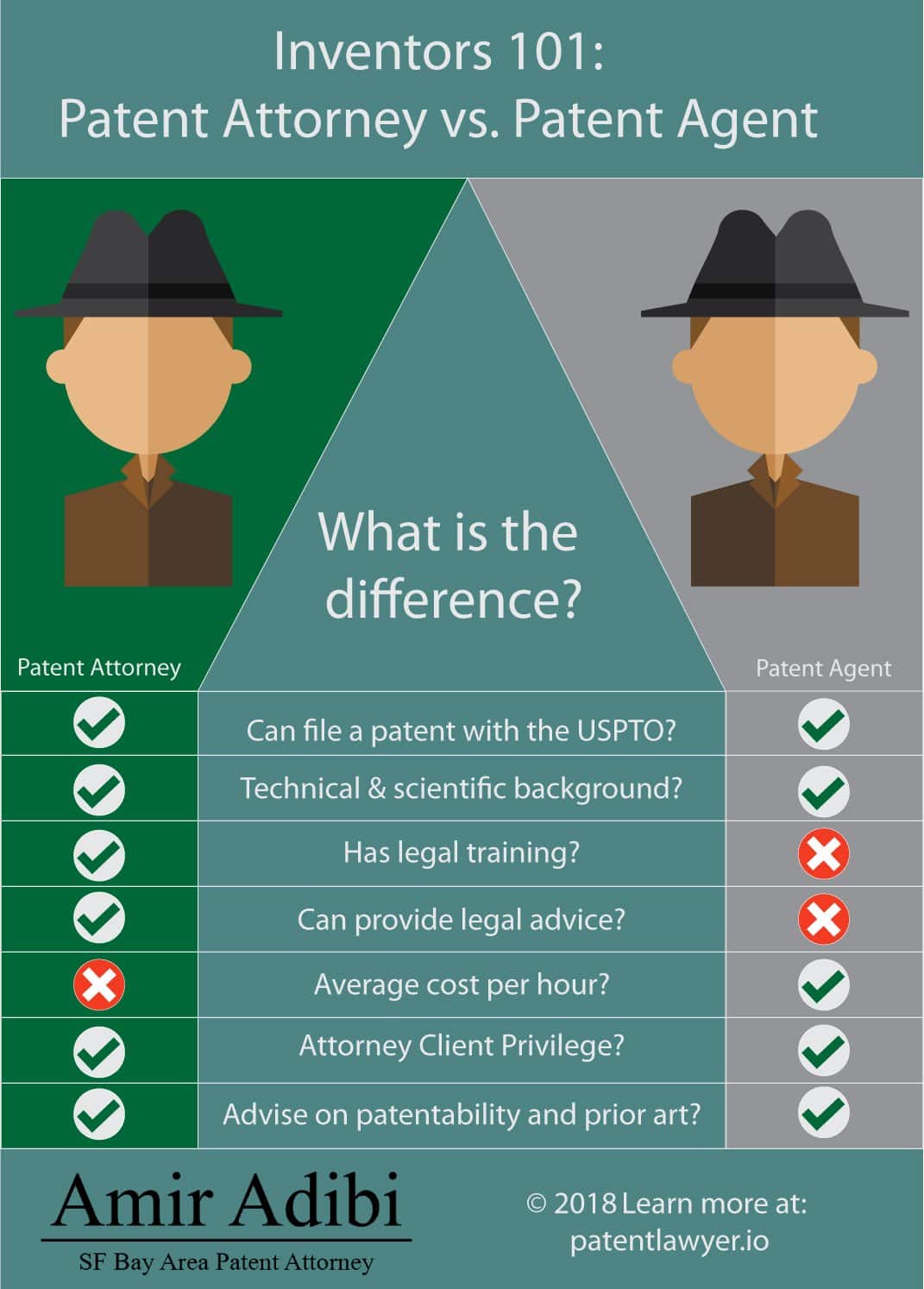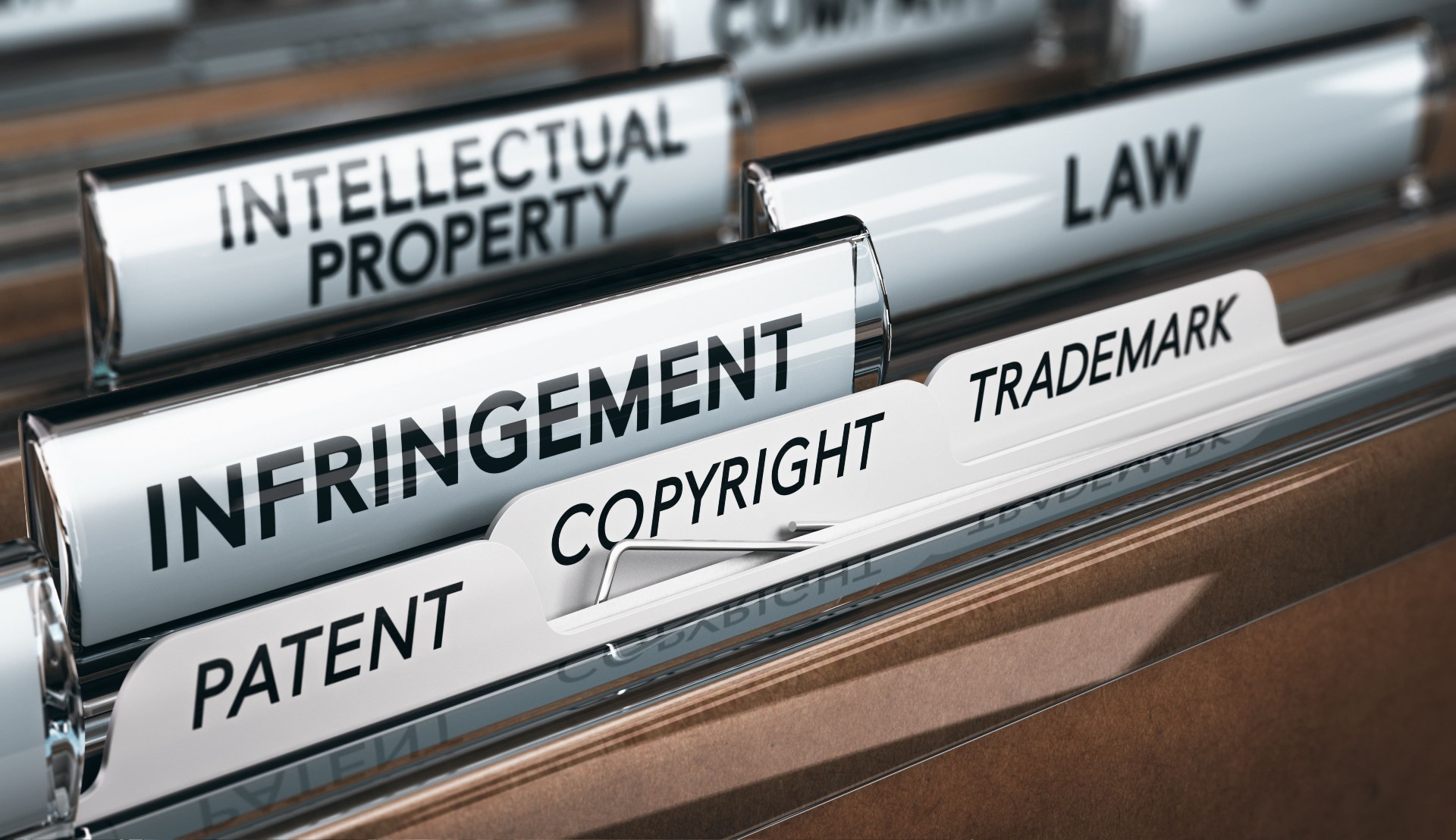The Secret Of Info About How To Become Intellectual Property Attorney

To pursue a career as an intellectual property lawyer, complete the following steps:
How to become intellectual property attorney. An ip lawyer is usually expected to complete a certain level of education before he can move on to practising it. Law is a popular field of study with a massive scope for intellectual property law. How to become an intellectual property lawyer.
For starters, you will need a bachelor’s degree in any field. There are two ways in how you can go from being a lawyer to becoming an intellectual property lawyer. Discover the steps and the career path to progress in your career as an intellectual property.
After all, this is the only way to become a. If you’re interested in becoming an intellectual property lawyer, seek out experiences that will expose you to that work. Eligibility to become intellectual property lawyer the applicant is required to clear class 12/intermediate and graduation from a recognized board of education and university.
The most crucial step towards becoming an intellectual property lawyer is getting your law degree. You can study to become one, or you can get experience in one. However, the field of ip law is unique in that practicing it usually requires an individual have a bachelor’s degree in a scientific, mathematical or related field.
In terms of higher education levels, we found that 9.6% of intellectual property lawyers. Generally, aspirants go for a bachelor’s in science, mathematics or engineering, though undergrads in economics or business are also eligible. Visit our how to become an intellectual property attorney career guide to learn about the skills and education needed to land this job!
It is your responsibility to review proposals for the necessary intellectual property provisions. To become an intellectual property lawyer and to be consistently in the top of the career adequate amount of legal and general knowledge is required. The duty of an intellectual property lawyer is to deal with legal rights concerning intellectual.
